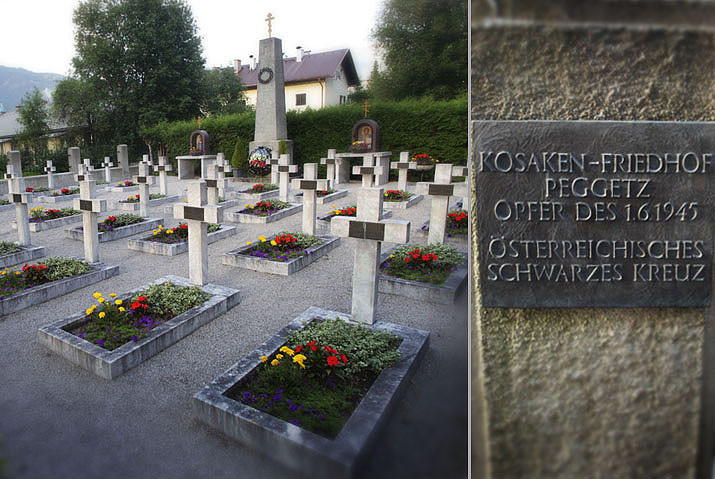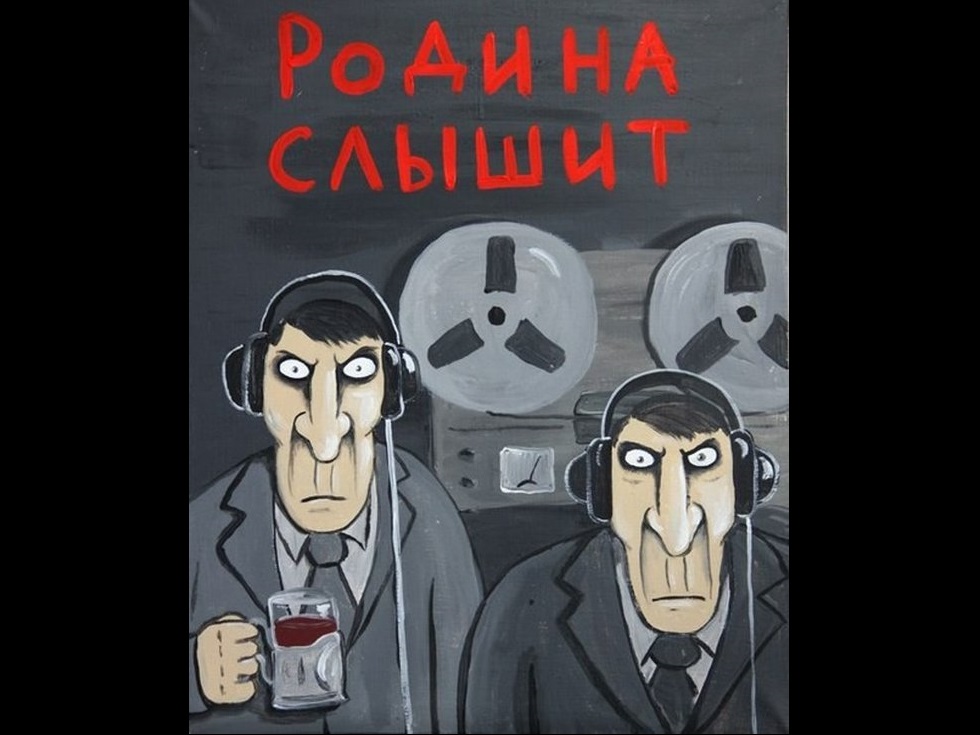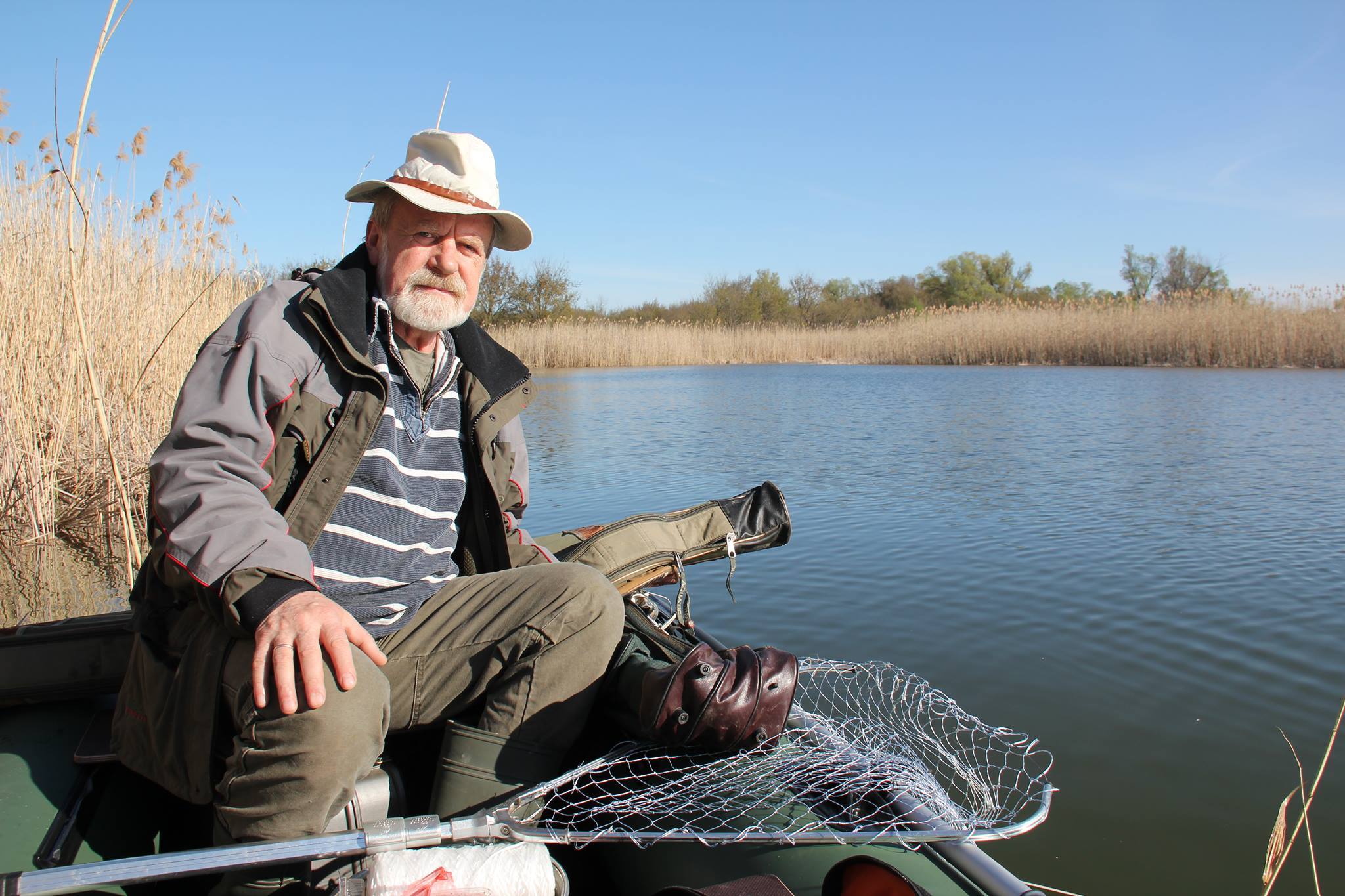Like the KGB in Soviet times, the Russian FSB is seeking to block or take control of any links between Russians inside the Russian Federation and the emigration, according to Vladimir Melikhov who was recently convicted and sentenced for trying to promote such connections.
Melikhov, an entrepreneur who founded two museums about the anti-Bolshevik resistance and has promoted the revival of Cossack identity, was convicted on June 13 of illegal possession of firearms even though the gun he had could not be fired and the bullets the authorities found were likely planted.
The subject of a major profile in the New York Times five days ago, Melikhov has now provided additional details about his views in an extensive interview taken by Boris Tseytlin for Moscow’s Rufabula portal.
Three of his comments are especially noteworthy:
First, Melikhov says that while he does not know the names of his persecutors, he is certain that they form “a group of FSB officials who are united about three main goals”:
- To break or take control of any ties between Russians inside the Russian Federation and Russians abroad,
- To “completely subordinate the Cossacks,”
- And to promote “a new Russian (or more precisely neo-Soviet) ideology” in which the state and its power are the central articles of faith.
“After visiting our museums and memorials, people are left with no doubt that such an ideology will lead only to the degradation of society and the human personality and that it will be possible to avoid this degradation only when the Individual is put at the center of the construction of the state.”
Given those goals, he says, it was absolutely impossible that he would not be targeted; and the state’s campaign against him began long before he erected the statue at Lienz, Austria, in memory of the forcible deportation of the Cossacks to Stalin’s Russia. That was simply the last straw.

Second, Melikhov argues that suggestions that young people “are ceasing to consider themselves ethnic Russians … is not entirely so.” What they are rejecting is the Russianness as defined and offered by the existing regime. That is something “many young people” simply won’t accept.
Unfortunately, “they do not know any other ‘Russianness’ because the education of our society including of young people does not allow anyone to seriously focus on this. On the contrary.” The state with its siloviki and secret services does everything it can to make sure that people within the borders of the Russian Federation have only one definition.
Young people will return to that identity when it is redefined, when “conditions are established for creative activity and for the education of the young” about “that tragic path and the clarification of the errors which were committed in the preceding century, Melikhov concludes.
And third, he argues, precisely because “the state of semi-collapse” was built into the Russian Federation from the very beginning by its authoritarian and hyper-centralist approach, “the Kremlin vertical is creating the very conditions that will make this collapse happen ever sooner.”
But what is especially tragic, he says, is that “the longer this structure of administration will exist in Russia, the greater will be the probability of this collapse.”
Related:
- Moscow’s attacks on Cossacks show limits of Putin’s ‘reconciliation’ program
- Putin’s war in Ukraine keeps Moscow from addressing Cossack genocide of 1920s
- Russian neo-Cossacks hold military parade near Luhansk
- Kuban might pursue independence but won’t become part of Ukraine, Russians say
- Stalin starved populations to death to russify Ukraine, North Caucasus and Kazakhstan, statistics show


